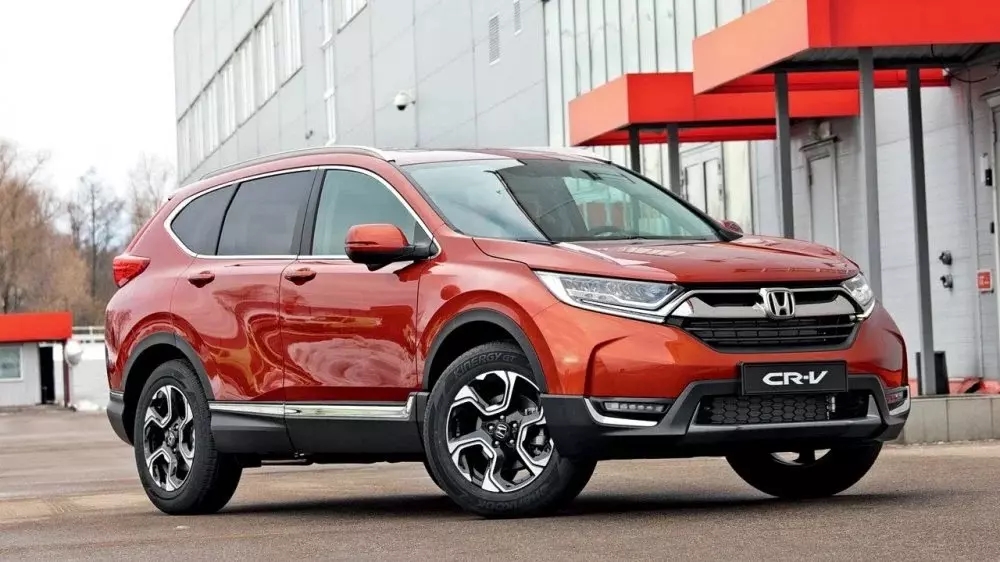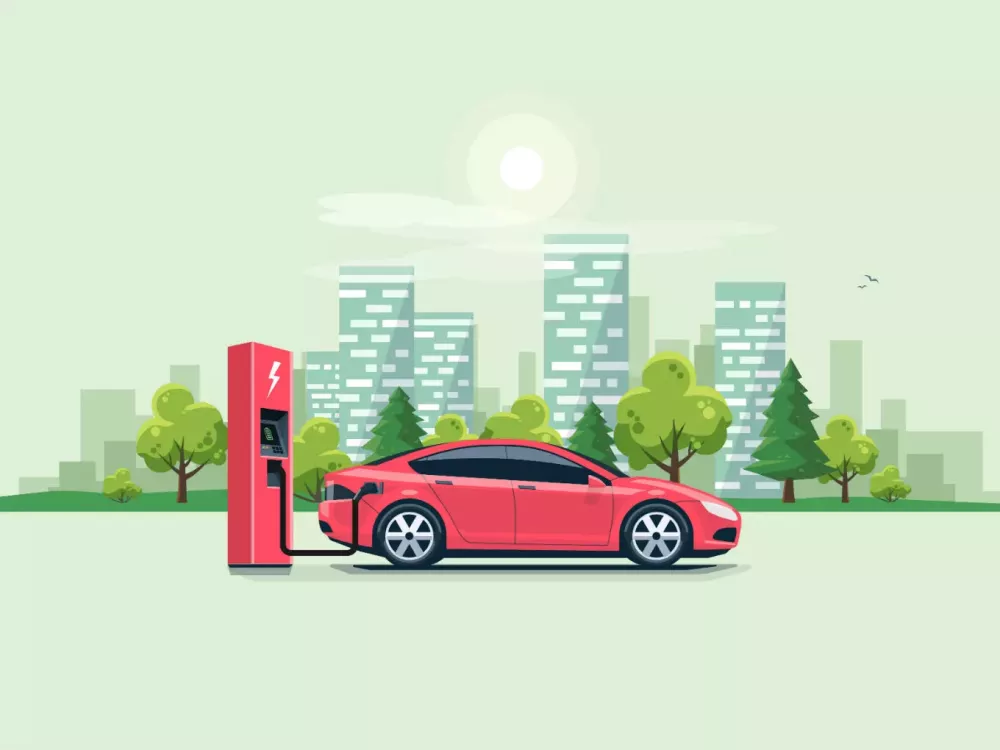Electric cars are currently the trend in the global automotive industry. However, they still have some limitations compared to traditional internal combustion engine vehicles. One major drawback is their reliability.
According to Consumer Reports’ latest annual reliability survey, electric car owners experience more issues compared to gasoline, diesel, or hybrid vehicles. The survey reveals that electric cars have a 79% higher rate of problems compared to traditional vehicles within the first three years of ownership.
Pure electric passenger cars have a reliability score of only 44 out of 100. Electric SUVs have a score of 43 out of 100. Pure electric pickup truck models have an average score of 30 out of 100.
These results are based on feedback from over 330,000 car owners in the US market. The survey studied 20 common issues that electric car owners encounter during their ownership, such as squeaky brakes, broken interior trim, engine, transmission, electric car batteries, or charging issues.
“Most electric cars today are either produced by long-established manufacturers with little experience in electric vehicle technology or by new companies entering the automotive industry, like Rivian“, said Jake Fisher, Director of Auto Testing at Consumer Reports. “It’s not surprising that these companies face difficulties and need time to deal with these issues“.
According to Fisher, the most common issues electric car owners face are related to electric motors, charging systems, and batteries. Electric car owners of models such as the Ford F-150 Lightning, Ford Mustang Mach-E, Genesis GV60, Hyundai Ioniq 5, Kia Niro EV, Kia EV6, Subaru Solterra, Toyota bZ4X, and Volkswagen ID.4 have reported these issues.
Tesla, which has been producing electric cars for over a decade, ranks in the middle for reliability. The Tesla Model Y, which was first introduced in 2020, has had fewer issues this year. Compared to the previous year, the number of issues related to the suspension system, electronic system, and overall quality of the Tesla Model Y has decreased. As a result, this electric car model is listed as a recommended vehicle by Consumer Reports, along with its sibling the Tesla Model 3.
“Tesla Model 3 and Model Y are currently shining examples in the electric car industry when it comes to reliability“, stated Fisher. “Tesla is still a relatively new car company, but it has more experience in producing electric vehicles compared to other manufacturers“.
“Tesla’s electric car parts are fundamentally reliable. However, the company continues to struggle with the overall quality of its vehicles“, commented Steven Elek, Head of Car Data Analysis Program at Consumer Reports. “The majority of the drivetrain components in Tesla’s vehicles are quite durable. However, Tesla’s owners consistently report issues related to the quality of the exterior finish, such as uneven paint, peeling trim, malfunctioning door handles, or trunk not closing properly. All of these concerns impact Tesla’s reliability score“.
Hybrid cars are more reliable and have fewer issues
In contrast to electric cars, hybrid cars have higher reliability scores. According to the Consumer Reports survey, hybrid cars have 26% fewer issues compared to traditional vehicles. Some of the less problematic hybrid car models include the Lexus UX Hybrid, Lexus NX Hybrid, Toyota Camry Hybrid, Toyota Highlander Hybrid, and Toyota RAV4 Hybrid.
“It may seem recent, but Toyota actually introduced the Prius Hybrid 25 years ago“, said Elek. “Car manufacturers have been producing hybrid cars for quite a long time, so they have mastered the technology. Furthermore, many hybrid car models come from well-known manufacturers that are known for producing durable vehicles, such as Toyota, Hyundai, and Kia“.
Hybrid cars usually have fewer issues because they don’t have the same level of advanced technology features as fully electric cars with customizable screens. “Hybrid cars don’t necessarily have to be a showcase of technology, so there are fewer potential issues“, explained Fisher.
On the other hand, plug-in hybrid vehicles (PHEVs) – which are considered a bridge between traditional vehicles and electric cars – have the lowest reliability scores. Compared to traditional vehicles, PHEVs have 146% more issues.

Hybrid cars have fewer issues compared to traditional vehicles, which is in stark contrast to electric cars and plug-in hybrid vehicles
“PHEVs can be considered a combination of electric and traditional cars. Consequently, these types of vehicles have more potential issues“, stated Fisher. Common issues with PHEVs are related to the hybrid powertrain and charging systems, which can negatively impact their reliability score.
The Toyota RAV4 Prime is a rare example of a PHEV with high reliability and few issues. In fact, the Toyota RAV4 Prime is one of the most reliable car models in Consumer Reports’ survey this year. Additionally, there are other PHEV models with average or above-average reliability scores, such as the Kia Sportage, BMW X5, Hyundai Tucson, and Ford Escape.

































